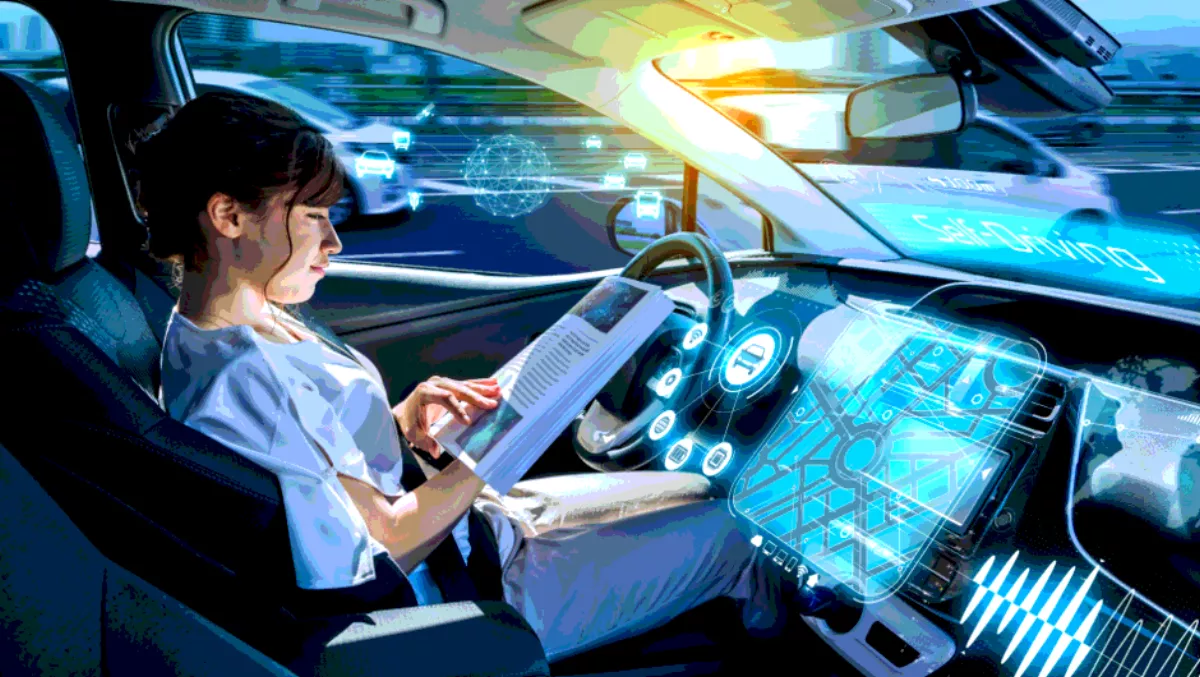
People are tired of driving – bring on the autonomous cars
A new study has found that consumer preference for riding in self-driving cars is set to double within the next five years.
According to Capgemini Research Institute, while only 25% of consumers would prefer to ride in a self-driving car over a traditional vehicle in 12 months' time, over half (52%) say driverless cars will be their preferred mode of transport by 2024.
Consumers see several benefits from autonomous vehicles, including fuel efficiency (73%), reduced emissions (71%) and saving time (50%). More than half (56%) say they would be willing to pay up to 20% more for an autonomous vehicle over a standard one.
The research reveals there is a changing perception of mobility, as consumers believe autonomous cars will take on a larger role in their daily lives to go beyond the act of driving to also have autonomy in running errands and completing chores.
Almost half (49%) of respondents to the study would be comfortable with self-driving cars running an errand on their behalf; more than half (54%) would trust an autonomous vehicle to drop off or pick up non-driving friends and family members, while one in two (50%) expect self-driving cars to help them save time to pursue other activities – such as socialising, entertainment, working, or simply enjoying the journey.
However, despite the surge in positive consumer sentiment, excitement and anticipation, barriers to adoption remain with respondents saying that purchase or adoption of a driverless vehicle is dependent on vehicle security (73%) and system security (72%).
Capgemini global automotive head Markus Winkler says the report shows a high level of optimism and excitement among potential autonomous vehicle users
"Most conversation to date has focused on the technological evolution of driverless cars – so it's hugely encouraging to see the potential benefits that the technology enables are resonating with future passengers," says Winkler.
"Customer expectations of in-car experiences will not only impact the automotive industry but other industries like media and entertainment, retail, and healthcare as well, paving the way for a plethora of collaborative business opportunities.
Winkler says there is still a way to go though.
"However, a degree of uncertainty and concern remains, and auto companies must consider the expectations and fears of their future customers while transforming their own operations from a heavy product focus to services and customer orientation, as they bring autonomous vehicles to the market," says Winkler.

